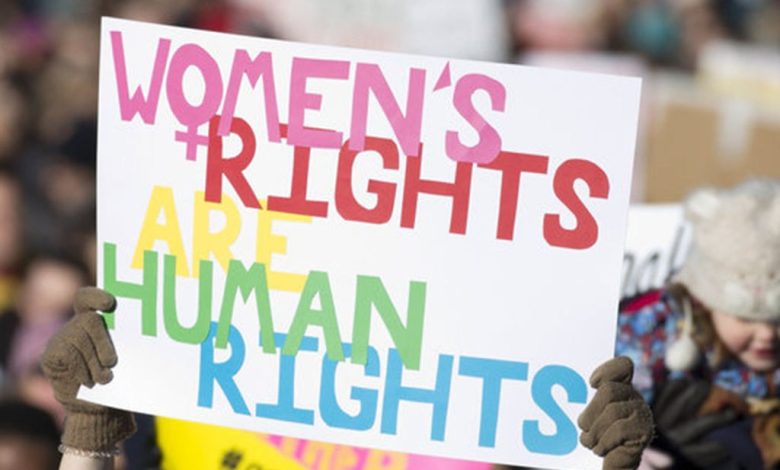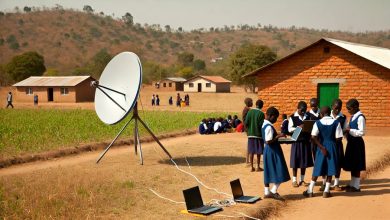Women Rights Are Human Rights Too
Governments across the world are working round the clock to improve laws that seek to protect women’s rights

ACCORDING to the World Health Organisation and its partners, during the course of their lifetime, one in three women across the world are subjected to physical or sexual violence.
This has remained largely unchanged over the past decade, probably because violence doesn’t discriminate.
It affects women of all ages, abilities, classes and backgrounds.
Because of that gloomy situation, each year from November 25 (International Day for the Elimination of Violence against Women) to December 10 (World Human Rights Day), people from across the world amplify their voices to call for action against one of the world’s most persistent violations of human rights – violence against women.
Today, November 25, 2022, marks day one of the 16 Days of Activism against Gender Based Violence.
For the next 15 days, people around the world will unite to raise awareness about GBV, challenge discriminatory attitudes and call for improved laws and services to end violence against women for good.
The global theme for this year’s 16 Days of Activism against GBV is “UNITE! Activism to end violence against women and girls”.
Each and every one of us needs to play a part to ensure that women’s rights are protected.
Everyone needs to be reminded that violence against women and girls is a fundamental violation of human rights.
Sadly, violence against women continues to occur at an alarming scale in every country in the world, Zimbabwe included.
Due to socialisation, too often it is accepted as normal behaviour, for instance, when a woman is ridiculed in public for wearing a short dress.
The global culture of discrimination against women allows violence to occur with impunity.
Violence against women is therefore a global problem that requires global action.
This is why governments across the world are working round the clock to improve laws that seek to protect women’s rights.
In Zimbabwe, according to Article 6 of the Domestic Violence Act, a police officer may arrest “without warrant any person whom he or she reasonably suspects has committed or who is threatening to commit an act of domestic violence.”
Other measures put in place to address and prevent violence against women and girls also include international conventions such as the 1979 Convention on the Elimination of All Forms of Discrimination against Women (CEDAW); the African Charter on Human and People’s Rights (ACHPR); the Protocol to the African Charter on Human and People’s Rights on the Rights of Women in Africa (Maputo Protocol); the African Charter on Rights and Welfare of the Child (ACRWC) and the Southern Africa Development Community Protocol on Gender and Development, among others.
Since 1998, Musasa, a non-governmental organisation, has been providing temporary safe accommodation to GBV survivors with the purpose of keeping the survivor and at times her children safe from any further potential harm.
Several organisations, including Musasa, also provide free hotline services and free legal aid to survivors of GBV.
In addition, the organisations and individuals working all over the world to prevent violence against women need to roll out more campaigns to change society’s discriminatory attitudes and behaviours.
Outreach programmes in schools will also bring significant results in fighting GBV.
Once the boys are taught from a young age that women’s rights need to be protected, they will grow up to become gender champions, not perpetrators of GBV.
On the other hand, the girls need to grow up fully aware of what GBV is and how to protect themselves.
Faith-based organisations are also an important constituency in fighting GBV as sexual abuse of young girls is often rampant in such institutions.
To end violence against women and girls, we need to challenge the attitudes that perpetuate, rationalise and normalise that violence.
Since men are overwhelmingly the perpetrators of GBV, their attitudes need to change.
Although shifting these behaviours is hard and slow, it surely can be done.




